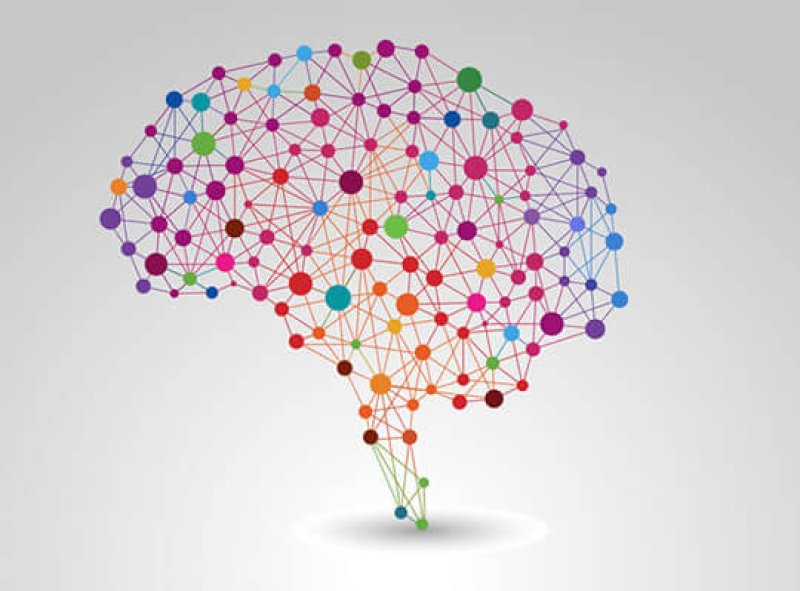As a person learns, connections between brain regions can change. Some neural partners connect, then split apart […]; others form new partnerships […]. A measure of this swapping, called flexibility, may relate to how well a person learns, new research suggests.
…
As people learned a new task — pairing a butterfly with a particular flower — brain flexibility changed in a recent study. Flexibility across the whole brain rose then dropped as training continued. Reasons for the decline are unclear, but information flow in the brain may change as people master a task.
…
There’s a balance to be struck, [neuroscientist Vinod Menon] says. Neural pathways that are too weak can’t carry necessary information, and pathways that are too connected won’t allow new information to move in.
…
While performing a recall task in a scanner, people with schizophrenia had higher flexibility among neural networks across the brain than did healthy people, Bassett and colleagues reported last year in the Proceedings of the National Academy of Sciences. “That suggests to me that while flexibility is good for healthy people, there is perhaps such a thing as too much flexibility,” [Danielle Bassett, a network neuroscientist] says.
The GLP aggregated and excerpted this blog/article to reflect the diversity of news, opinion, and analysis. Read full, original post: Learning takes brain acrobatics































